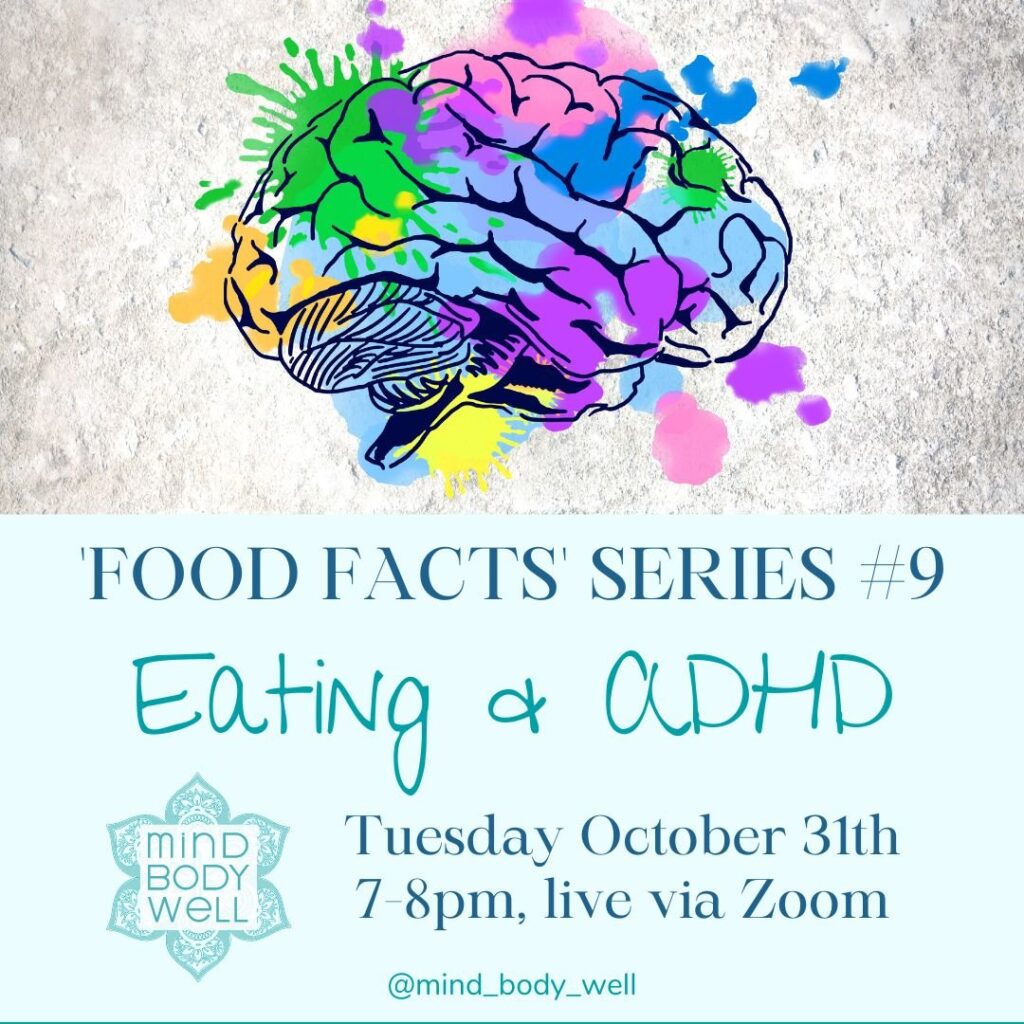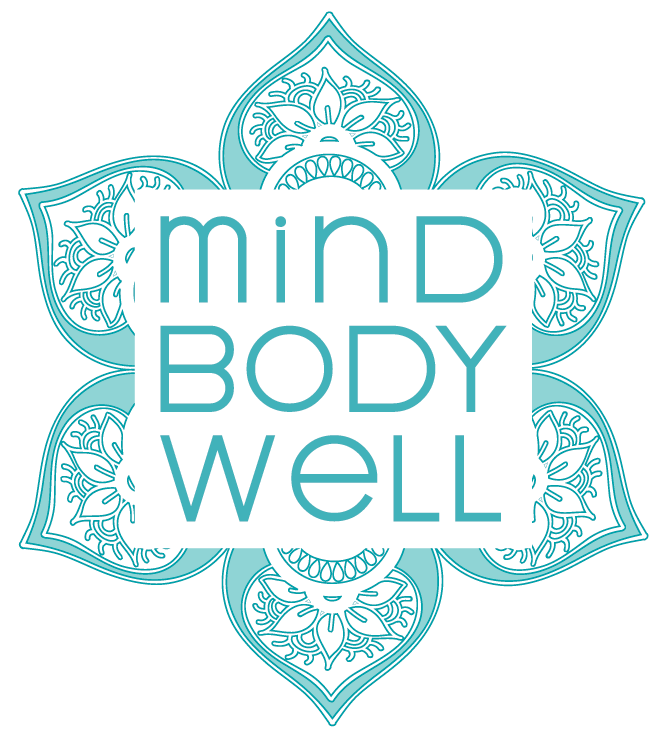A note about ‘identity-first’ language
This post uses identity-first language (e.g. ‘an autistic person’) in recognition of research and lived experience suggesting this as a preference within the neurodivergent community. Identity language however is individual, and preferences vary. Where possible, we suggest asking neurodivergent individuals their personal language preferences.
What is Neurodiversity?
Neurodiversity, a term coined in the late 1990s by autistic sociologist Judy Singer, describes the natural variations in human neurology. It includes both Neurotypical (NT) and Neurodivergent (ND) brains.
Our neurotype is generally formed in utero and does not change as we grow. If someone is born Neurodivergent, they will always be Neurodivergent. However, due to traits such as social-communication differences, neurodivergence may not be recognised until later in life. In some cases, injury or trauma can lead to neurological divergence at any age.
What Does It Mean to Be Neurodivergent?
Neurodivergence refers to any neurotype which differs from the standardised norm (i.e. not Neurotypical). Examples include Autism, ADHD, and Dyslexia.
Neurodivergent minds experience the world differently, often showing differences in:
- Thinking styles
- Movement patterns
- Social interactions
- Sensory processing
Eating Differences or an Eating Disorder?
Many Neurodivergent individuals experience differences in eating patterns due to sensory sensitivities, executive functioning challenges, or interoceptive differences. These variations are not always indicative of an eating disorder. Understanding the distinction between eating differences and an eating disorder is important for appropriate support.
Eating Differences
Neurodivergent individuals may experience:
- Food selectivity due to sensory sensitivities (e.g., avoiding certain textures, strong flavours, or mixed foods)
- Irregular eating patterns influenced by executive functioning challenges (e.g., forgetting to eat, difficulty meal planning)
- A preference for routine meals (e.g., eating the same foods daily for predictability and comfort)
- Fluctuations in appetite due to sensory overload, stress, hyperfocus, or stimulant medication
These differences, while potentially challenging, do not necessarily indicate an eating disorder if the individual is meeting their nutritional needs in a way that works for them.
When It Might Be an Eating Disorder
An eating disorder may be present if:
- Food restriction significantly impacts health (e.g., weight loss, nutritional deficiencies, or physical symptoms)
- Eating behaviours are driven by distress, anxiety, or compulsion rather than preference
- Rigid food rules or fear-based avoidance prevent adequate nourishment
- Compensatory behaviours such as excessive exercise, purging, or fasting are used to control weight
- Intense distress around eating situations interferes with daily life and well-being
While some eating disorder symptoms may resemble common Neurodivergent traits (such as rigid routines or sensory aversions), the key difference is whether these behaviours cause distress, impair health, or interfere with functioning.
If you are unsure whether eating challenges are part of a neurodivergent experience or an eating disorder, consulting a professional can provide clarity and guidance.
Autism and Eating Disorders
Studies suggest that up to 1 in 5 autistic adults will experience an eating disorder in their lifetime [1]. The overlap between autism and eating disorders is complex, with multiple autistic traits contributing to the development and maintenance of disordered eating behaviours.
Some of the key autistic traits that can interact with eating disorder symptoms include:
- Sensory sensitivities – Heightened or diminished sensitivity to textures, tastes, smells, and temperatures can lead to rigid food preferences, avoidance of certain food groups, or extreme selectivity in eating.
- Interoception difficulties – Many autistic individuals experience differences in recognising hunger and fullness cues, which can contribute to irregular eating patterns, restriction, or binge eating.
- Routine and predictability – Eating disorders can reinforce an autistic person’s need for structure by providing a sense of control through rigid food rules and meal routines.
- Special interests and hyperfocus – Intense focus on specific topics, including nutrition, exercise, or food ingredients, may contribute to restrictive eating patterns.
- Emotional regulation challenges – Disordered eating behaviours may be used to manage overwhelming emotions, anxiety, or sensory overload.
- Social challenges – Social expectations around eating, such as group meals or unpredictable food choices, can be stressful. Some autistic individuals may restrict food intake to avoid uncomfortable eating situations.
- Stimming – Using movement to stim, which can become related to excessive exercise, e.g. pacing, walking, running
ADHD and Eating Disorders
Research suggests a strong connection between ADHD and eating disorders, though this is often overlooked. ADHD-related traits such as impulsivity, difficulties with interoception, and executive functioning challenges can contribute to challenges with eating patterns.
Common issues include:
- Binge eating – Impulsivity and difficulty with delayed gratification can contribute to episodes of binge eating, often in response to hyper-fixation or emotional dysregulation. For some, binge eating may also be a form of stimulation.
- Chaotic eating patterns – Executive functioning challenges, such as difficulties with planning, meal preparation, and time management, can lead to irregular eating patterns, skipping meals, or forgetting to eat.
- Sensory sensitivities – Food textures, tastes, and smells can play a significant role in food preferences and aversions. Some individuals with ADHD may struggle with limited food variety due to sensory sensitivities.
- Restrictive eating – Hyperfocus on specific foods, dieting trends, or body image concerns may contribute to restrictive eating. Some individuals may also have difficulty recognising hunger cues due to interoceptive challenges.
ADHD is also linked to emotional dysregulation, which can influence eating behaviours as a way of coping with stress, boredom, or overstimulation. Unlike traditional eating disorder frameworks that focus on control, ADHD-related disordered eating may stem from difficulties with self-regulation.
Avoidant/Restrictive Food Intake Disorder (ARFID)
ARFID is an eating disorder characterised by persistent avoidance or restriction of food intake due to sensory sensitivities, fear of adverse consequences (such as choking), or lack of interest in eating. Unlike other eating disorders, ARFID is not driven by body image concerns. It is particularly common in autistic individuals and those with ADHD due to heightened sensory sensitivities, rigid thinking patterns, and interoceptive differences. Individuals with ARFID may struggle with extreme food selectivity, eating a very limited range of foods, or experiencing distress when trying new foods. Effective support requires a sensory-informed, gradual, and non-coercive approach to expanding dietary variety while respecting the individual’s needs and preferences.
Neurodivergent-Affirming Eating Disorder Therapy
Traditional eating disorder treatment approaches often do not account for the unique needs of Neurodivergent individuals. A neurodivergent-affirming approach shifts the focus from simply reducing disordered eating behaviours to working with an individual’s neurotype to develop sustainable, meaningful recovery strategies.
Key aspects of neurodivergent-affirming eating disorder therapy include:
- Acknowledging neurodivergence as a neutral trait – Therapy should not aim to “fix” or “normalise” thinking and behaviour patterns but rather support the individual in developing skills that align with their needs.
- Sensory-informed strategies – Understanding how sensory sensitivities impact eating behaviours can help in adapting food choices, textures, and meal environments to reduce distress.
- Flexible approaches to structure and routine – While routine can be helpful, rigidity can reinforce disordered eating. Balancing structure with flexibility is essential.
- Supporting executive functioning differences – Practical strategies such as visual meal plans, reminders, and accessible meal preparation techniques can help individuals with ADHD manage eating patterns.
- Focusing on interoceptive awareness – Helping individuals tune into hunger and fullness cues in a way that works for their neurotype rather than forcing a traditional model of intuitive eating.
- Adapting therapy modalities – Group therapy or cognitive-based approaches may not work for everyone. Alternative options, such as one-on-one support, interest-based approaches, or more directive coaching, may be more effective.
Seeking Support
Understanding the connection between neurodivergence and eating disorders is essential for effective care. Neurodivergent individuals often require tailored, affirming approaches to recovery that consider their unique experiences.
If you or someone you know is struggling with eating concerns, seeking support from a professional who understands the intersections of neurodivergence and eating disorders can make a meaningful difference.
The team or Psychologists and Dietitians at Mind Body Well provide neurodivergent-affirming, individualised therapies. Contact us to learn more about how we can help.

